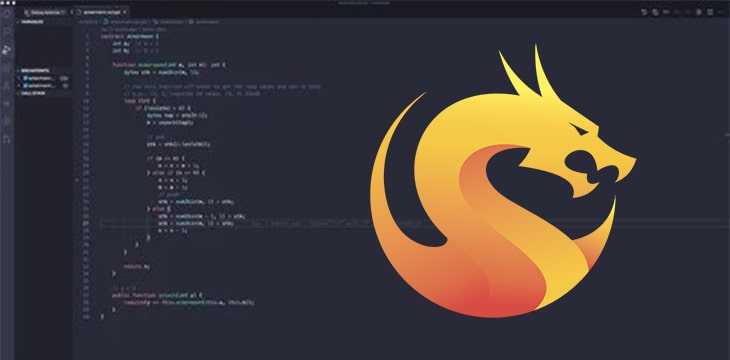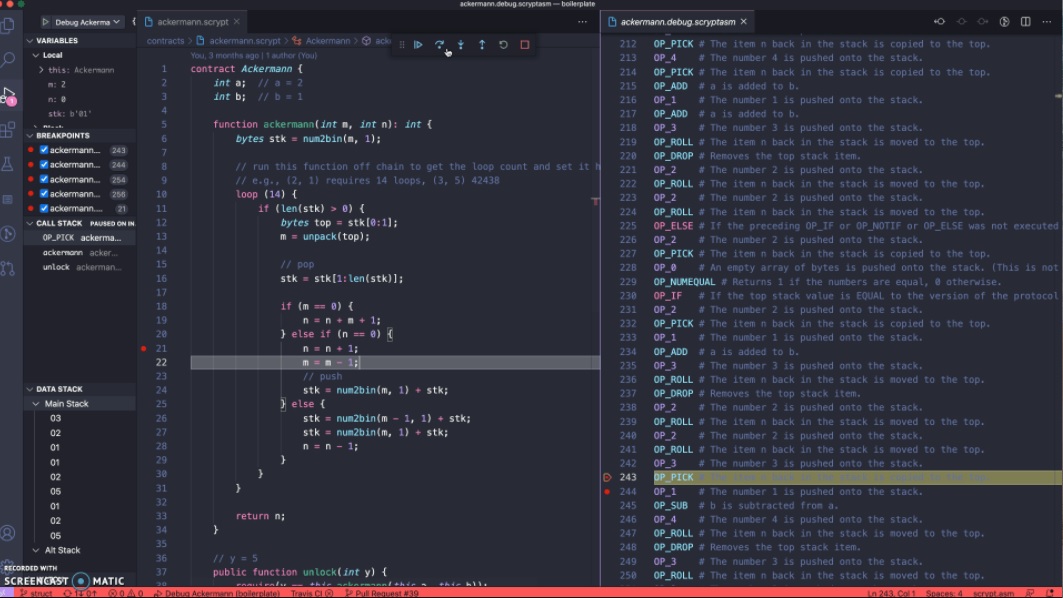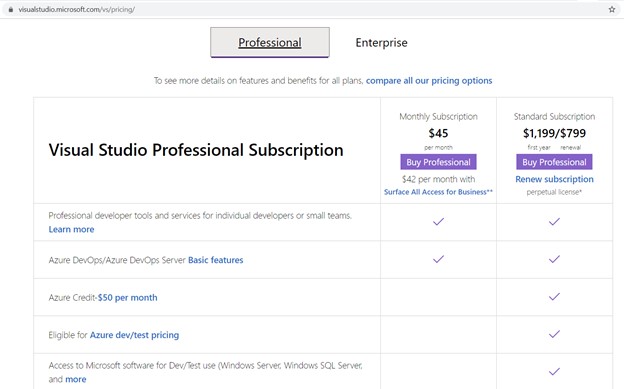
|
Getting your Trinity Audio player ready... |
sCrypt has released their first premium feature in efforts to monetize, a Script-level debugging tool. Developers can inspect exactly which higher level sCrypt code correlates to which Bitcoin opcodes which should enable experimentation, functionality and perhaps most importantly less bugs.

Bitcoin Script is notoriously low-level and difficult to read for those unfamiliar with more archaic, stack-based programming languages, so this tool will be extremely helpful for developers looking to learn the Forth-like syntax. The release of this feature is well-timed as it comes one month after a bugged script resulted in a theft of a significant amount of money.
The Bitcoin SV chain endured yet another social engineering attack after developer Aaron Zhou lost 600 BSV due to a bugged multi-signature implemented in desktop wallet Electrum SV. The typical characters (Adam Back and Greg Maxwell) went on the offensive with techno-speak and misinformation meant to frame the entire chain as insecure while patting themselves on the back for the implementation of the unnecessary Pay to script hash (P2SH).
The Coindesk article tries to frame this is as an innate flaw with the BSV protocol and ledger itself, yet Maxwell himself contradicts this by stating that this bug could have been avoided with ‘the most basic testing or review’ of the script.

With great power comes great responsibility. Rather than limit the chain with a handful of transaction types that only the BTC Core developers approve of, Bitcoin SV chose the riskier path of innovation by enabling any type of script—valid or not. This means that scripts can have bugs which can result in potential theft or worse, burnt funds that cannot be recovered if not implemented properly.
This particular script was bugged such that anyone could provide the solution “0 0” for the transaction to ‘unlock’ or claim the funds. The tools sCrypt are building hopefully can reduce the frequency of these mistakes in the future.
The new debugging feature requires a license that must be purchased from sCrypt. Per their Slack group, the license costs $10. Developers interested can send a Baemail to scrypt@moneybutton.com to purchase.
Given that a license is required to use this tool one could foresee a future where experimental scripts must be certified by one who ran through a certain threshold of unit tests via the debugger to establish credibility and trust. The licenses are also issued via Baemail meaning services who do implement new scripts could cryptographically prove ownership along with proof of successful tests (transaction IDs) of those scripts on-chain.
This concept is interesting given the discussion around a ‘Bitcoin Script Engineer’ emerging—this could be the first step in establishing that position. This innovation could also position sCrypt as a Microsoft-like organization with expertise in script programming techniques and software. The aforementioned Slack group is already a valuable place of discussion around scripting techniques.

Sale of development licenses are a common practice in the industry and demonstrate that sCrypt has skin in the game while placing a value on their service. I look forward to the interesting ways sCrypt will monetize their expertise in the future.
Check out the Visual Studio Code extension here: https://marketplace.visualstudio.com/items?itemName=bsv-scrypt.sCrypt

 11-21-2024
11-21-2024


